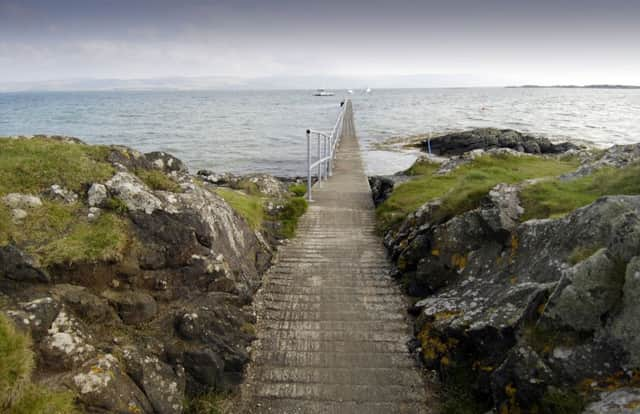Jeannette Ellwood: Big landowners have become a law unto themselves


But what of those who already have the role of carers – our national parks? Our two national parks enjoy both public and political support. More are in the pipeline. Missing from the public discussion of their benefits, however, is any critique of how the parks currently use their power, in planning especially.
Not just in Scotland but throughout the UK, developers are frequently at odds with people with good reason for wanting to maintain the status quo – to preserve a green belt, to resist industrial intrusion with fracking operations and wind farms, to protect the environment and preserve biodiversity, or to fight against the large-scale infrastructure developments like airports and high-speed rail links. The protagonists are the developers, the development objectors and the paid planning officials. The decision- makers are elected and appointed members of the planning committees. It is up to them to weigh the arguments against their own, often conflicting, policies and directives from elsewhere. Land reform, when it becomes law, will change those objectives.
Advertisement
Hide AdAdvertisement
Hide AdIn a world where the organised generally get what they want, while the unorganised watch and wait until it is too late, the present planning process is an exemplar: planning processes quite simply favour the organised and the rich. Scottish land- owners are very well organised to lobby the national land reform process. Down at the local level, a rich landowner can hire former planning officers to lobby their successors in support of a particular application. He and his staff can talk up the benefits of their project informally to senior officials and elected representatives they meet elsewhere. At the formal hearing, the rich can afford to be represented by specialist lawyers. Application objectors, in contrast, start way down the scale. They first have to organise themselves, move up a learning curve of planning law and expertise – even just to brief a lawyer, if they could afford one, to represent them at a hearing. If they are energetic, they can call on advice of charities like Planning Aid Scotland, Association for the Protection of Rural Scotland (APRS) and Planning Democracy to advise them. But even groups that are well organised, like APRS and community councils, have problems. The planners in one city authority counts APRS, a major campaigner for the protection of green belts, as a lone voice rather than the hundreds of objectors the association represents. One national park, having approved a large lochside development that later went sour, refused information the local community council needed to get the resulting mess, a major blot on the local landscape, cleaned up.
The worry is that over the years, national parks especially, because they are more difficult to hold to account, have become law to themselves. They are too reliant on their paid officials, too close to the rich and powerful, and ultimately too content with planning processes that favour developers over local objectors.
Planning Democracy, the charity that campaigns for a fair and inclusive planning system in Scotland, puts forward 12 ways in which the Government could fix the planning system. The Association for the Protection of Rural Scotland particularly raises issues in the area of development management – concerns over performance, skills and resources within planning authorities. Are planners equipped to provide strong and skilled leadership within planning authorities? Is there a need for more training of elected members?
The broad worry shared by the planning-related charities is that there is a democratic deficit in the system that disadvantages the objectors. And yet neither the planning authorities (in national parks and local government) nor ongoing measures to revisit the planning system properly recognise it. «
Jeannette Ellwood is the spokesperson for the Carrick Castle Residents group opposing a local landowner’s development plans